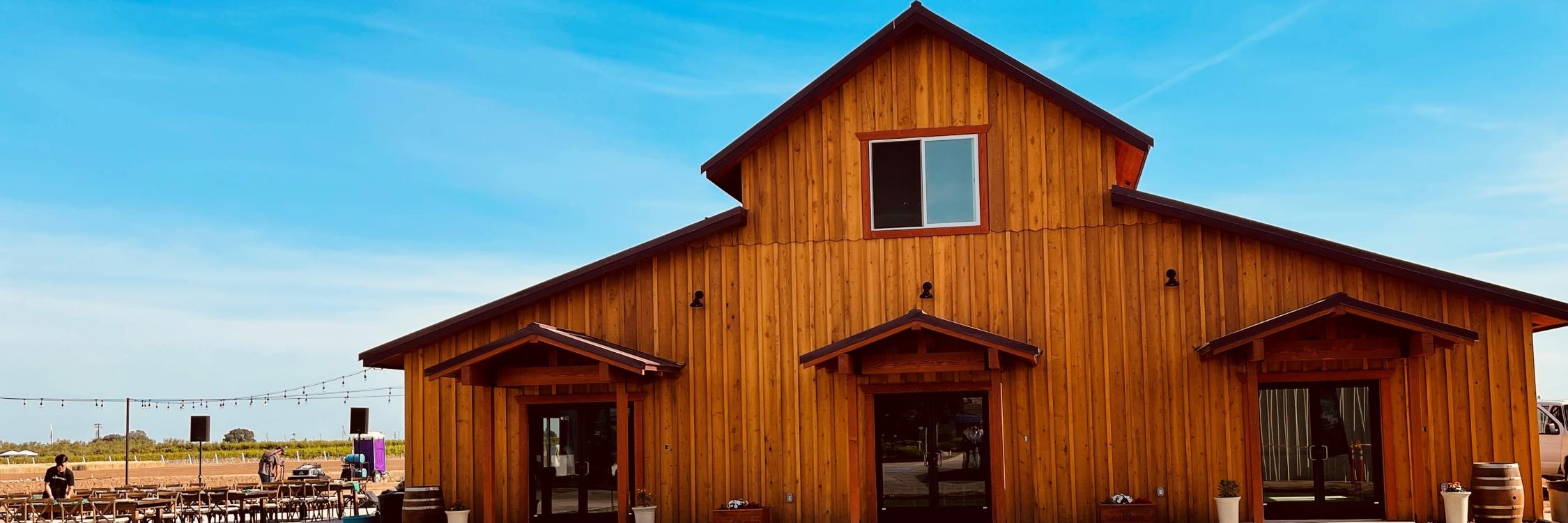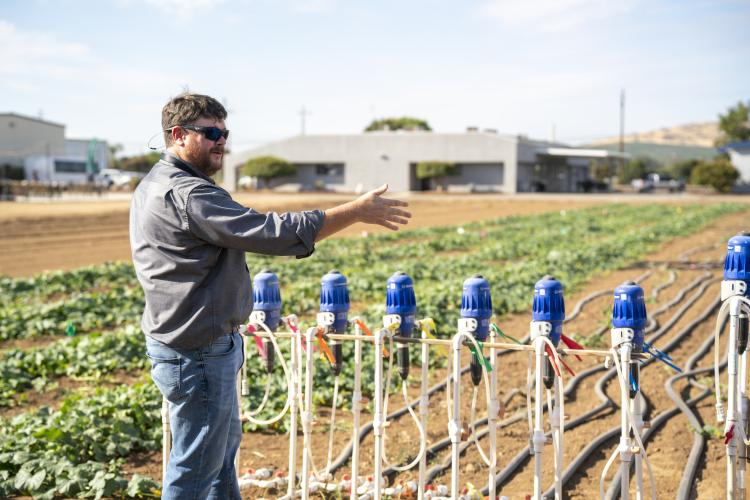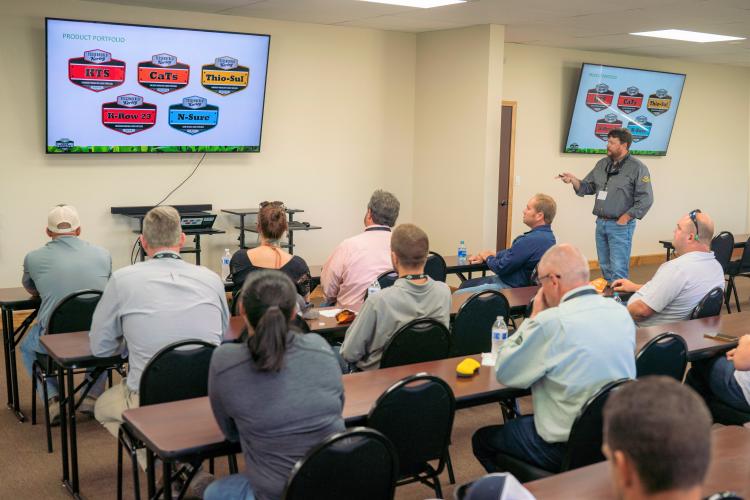
Crop Vitality's Research Farm Provides Growers with Real-World Results

In the agricultural world, a demonstration always beats an explanation.
That’s why Crop Vitality has 107 acres of farmland in Dinuba, California: to prove the value of its Tessenderlo Kerley sulfur-based fertilizer products on crops in some of America’s most productive farmland.
“There are so many crop nutrition offerings out there, and a lot of them are not backed up with science. We wanted a place where we can test our existing products, while also testing new offerings that our agronomy team develops. This is a way for us to get data in real-world conditions and help with the growing challenges faced by farmers each year,” said Ray Maestas, manager of the Crop Vitality Research Farm in Dinuba.

Simply known as “the farm” by Crop Vitality employees, the farm was purchased in 2016 with research and educational opportunities being its core purpose. The research helps Crop Vitality’s agronomy team yield clues to potential new practices that may diversify agriculture.
The farm has the ability to grow a wide variety of crops. That includes broad-acre crops such as corn, soybeans, and specialty crops like almonds, pistachios, fruits and vegetables. The farm also has multiple greenhouses and labs for additional studies which use different soils to help determine the best nutrient management program.
At the farm, Crop Vitality tests products from their Tessenderlo Kerley line of liquid fertilizers, such as Thio-Sul®, KTS®, K-Row 23®, CaTs® and N-Sure®. The goal, Maestas said, is to provide an invaluable resource for customers, growers and researchers. If it’s impacting their yields, whether it be due to a nutrient deficit or water efficiency, the research conducted at the farm helps the community by studying the grower’s problem.
“It’s also a way for us to follow the development of products from the lab to the field,” Maestas said. “Our agronomist will have an idea and develop it in the laboratories, test it the greenhouses, and then on our fields, giving them the confidence that we can turn it into largescale trials in our growers’ fields.”
They don’t limit themselves to the 260-plus California based crops, with multiple soil types the farm grows and researches crops from all over the USA.
“We want to have the best crops available to test our products on,” Maestas said. “We do our best to put out the most robust trials that we can. That way, when we hang our hat on our data, we can show that it was done in the most stringent manner.”
In May, Crop Vitality brought a new element to the farm and opened a 2,400-square-foot meeting facility and event area. It was designed for additional educational opportunities – a place to host local grower groups in roundtables, hold continuing education classes for ag professionals and put on customer appreciation events. The flexible meeting space in the facility holds up to 120 participants.
Early this fall, Crop Vitality’s agronomists utilized the new meeting facility with customers and growers from around the country. They reviewed important crop nutrition data, and the agronomy team took them on a tour of the crops grown throughout the farm. They even enjoyed sampling some almonds, grapes, and other crops straight from the source.
“These events are a way for us to bring our customers’ PCAs and CCAs, as well as independent crop consultants and growers to the farm – and be able to not just introduce them to our product lines, but to explore ways to use them better,” Maestas said. “If our customer comes to us and says, ‘We want to test a product out on wheat,’ we have the ability to do that test here in Dinuba – and if it passes the test in 110-degree heat, you know it’s going to be safe on the growers’ fields.” Maestas said the farm has given Crop Vitality the ability to connect with customers in a way that few companies can, while equipping them with everything they need to meet their growers’ needs – regardless of the crop, and regardless of the season.
“It is important for us to connect with them. Looking at data is easy, but when it is demonstrable and you can see side-by-side crop stature, that visual will stick with you for a long time. Believing, and trusting in Tessenderlo Kerley’s fertilizers gives advisors confidence in recommending our products to a grower,” Maestas said.
The investment in the research farm demonstrates Crop Vitality’s dedication to providing sustainable solutions to nurture crop life under real-world conditions. When you are on the farm you are family, they take pride in the stewardship and the solutions that they bring to the ag community.